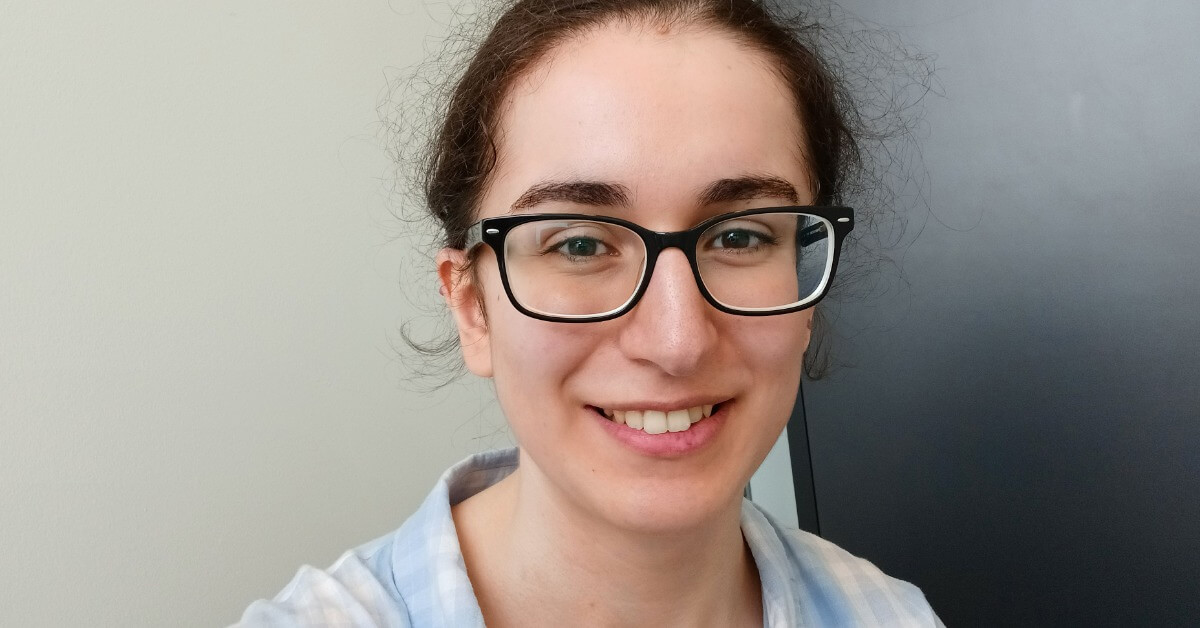I started my career in September 2021 on the Chartered Management Degree Apprenticeship scheme, where I work full-time at BT whilst completing a BSc in Professional Management and a CMI accreditation.
I’m just over half-way through my first rotation in Wholesale, where I own a billing transformation programme for my team’s product line in Professional Services.
I’ve had the honour of being in the ‘Enterprise Excellence FY21/22 Hall of Fame two months into my role - where the “the very best of the best” employees across the whole of Enterprise, our B2B division are recognised for their work, and a ‘Q2 Apprentice Winner within Enterprise Early Careers (EEC)’ - where I was one of a select few Enterprise Apprentices/Grads/Placements to be “recognised for their efforts in going above and beyond in their roles” by my manager.
Outside of my day-to-day role, I’m a comms lead for the Gender Equality Network (I write our internal newsletter), events lead for the EEC D&I team (we organise creative and engaging internal learning sessions surrounding topics of Diversity and Inclusion all year-round), and I’m a Mental Health Awareness champion.


